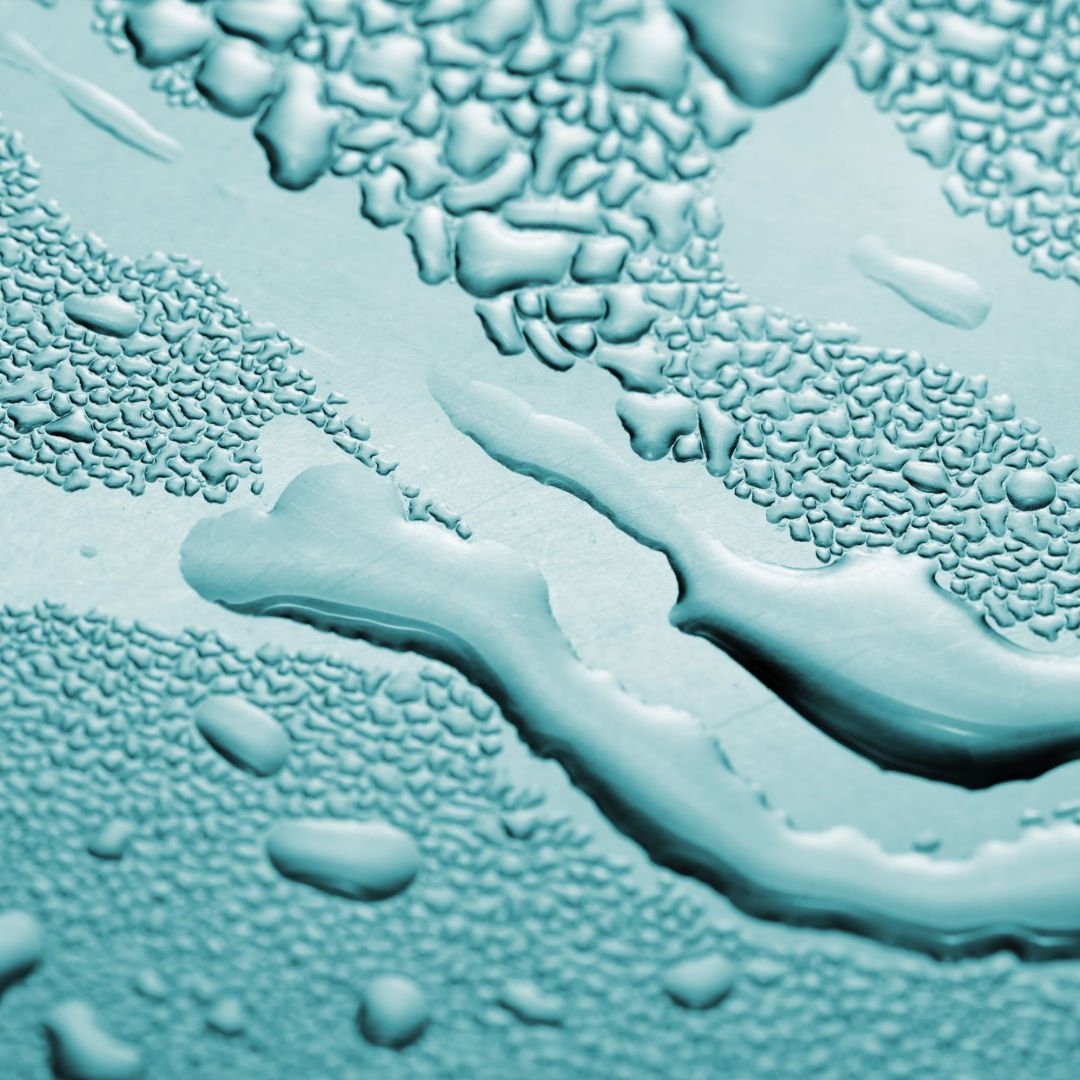Distilled Water vs. Purified Water: What’s the Difference?
At Optimum, one of the most common questions we receive from customers is what’s the difference between distilled water and purified water. The difference is really found in the process the water is put through to reach purification. Aside from this, many customers also wonder whether distilled water or purified water is better for them. Today, Optimum will be answering all of your questions surrounding the difference between distilled and purified water. Let’s get started!
What is Distilled Water?
Put simply, distilled water is created through a process known as distillation. In this process, basically, the pure H2O is boiled out of its contaminants. Many of the contaminants found in water are inorganic minerals and metals, and these contaminants have extremely high melting points with even higher boiling points. For this reason, as the water (along with its contaminants) is boiled, the pure water is transformed into steam before being captured and cooled, turning into distilled water. The contaminants are removed, leaving the water essentially purified for drinking. Distilled water contains no bacteria and a very small amount of contaminants.
Is Distilled Water Safe?
When it comes to the safety of distilled water, there is really one main problem with the process described above. There are many volatile organic compounds found in water and many of these contaminants have a boiling point below that of pure water, such as pesticides and herbicides. Due to this fact, when the water gets heated, the volatiles boils off first followed by the pure water. For this reason, it is crucial to utilize additional purification technologies besides distillation alone in order to make sure that all of the bad compounds are removed from the water.
What is Purified Water?
Put simply, purified water is processed through means that differ from distilled water, such as sand filtration, ion exchange, and reverse osmosis. Purified water is defined by levels (or lack thereof) of any impurities found in the water. To meet the legal definition of “purified water”, water impurities must either be removed or reduced to extremely low levels. The total impurity load of dissolved solids in purified water cannot exceed 10 parts per million. Water that meets this threshold is inherently of a higher purity than other forms of water such as spring water, filtered water, or tap water.
Purified water is filtered through one of the following processes:
- Deionization: This process removes salt as well as other mineral ions (molecules) from the water.
- Reverse Osmosis: This process filters the water through a special material called a semipermeable membrane. This material allows the fluid to go through, but it also removes the salt and impurities found in the water.
Distilled Water Versus Purified Water
As you can likely gather from the information above, there is essentially no difference between distilled and purified water aside from the purification process used. While distilled water undergoes the process of distillation, purified water is processed by a variety of other means.
Another huge difference that is brought about in these processes is that the distillation of water results in water that lacks naturally-occurring minerals, including calcium and magnesium, which can be extremely beneficial for your health. Purified water, however, contains these important minerals while still removing chemicals and impurities found in water.
Which is Best: Distilled Water or Purified Water?
So which type of water is best for you: distilled water or purified water? According to experts, there is no one-size-fits-all answer when it comes to choosing the best type of water to drink. The answer depends largely upon the quality of the tap water where you live, whether or not you have any purification systems in place, and if you have any existing health conditions. Taste is also another factor to consider when it comes to choosing the right type of water for you.
Typically, drinking distilled water is not preferred by most people. This is due to the fact that because it lacks naturally-occurring minerals that can be beneficial for our health, it may put individuals at a greater risk of nutrient deficiencies. Additionally, drinking distilled water may even cause problems with your teeth. This is because experts say that the minerals in your teeth can leach into the mineral-starved water and, for this reason, it isn’t typically recommended.
When it comes to purified water, there are many variations, and having some degree of minerals in the water can be beneficial to our health. This is largely dependent upon the degree of purification used, as well as the water source. Some purified water, for example, retains minerals that can provide a healthy daily intake of both calcium and magnesium. For this reason, many people prefer to drink purified water over distilled water.
Purified Water with Optimum Bottleless Water Systems!
If after reading this article you have decided that purified water is the best choice for you and your family, you’re likely wondering what you can do to have constant access to purified drinking water in your home. At Optimum, we offer top-of-the-line bottleless water systems equipped with a 5-step filtration process that makes the water you’ll drink among the purest on the planet. Completely free of any harmful impurities, our bottleless water systems are good for your health and taste much better than tap water or water from a plastic jug.
Interested in getting a bottleless water system for your home or office? Browse our selection of bottleless water systems today and find the perfect system for you. Not only are our bottleless water systems cost-effective and hassle-free, but we also offer a 7-day free trial where you can try any system of your choice for seven days! Contact Optimum today with any questions – we’ll be happy to help. Clearly. Pure. Water.



